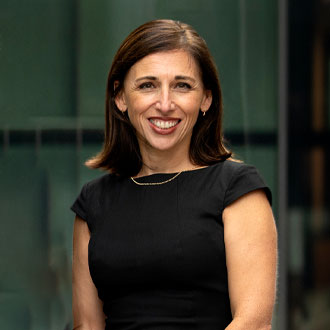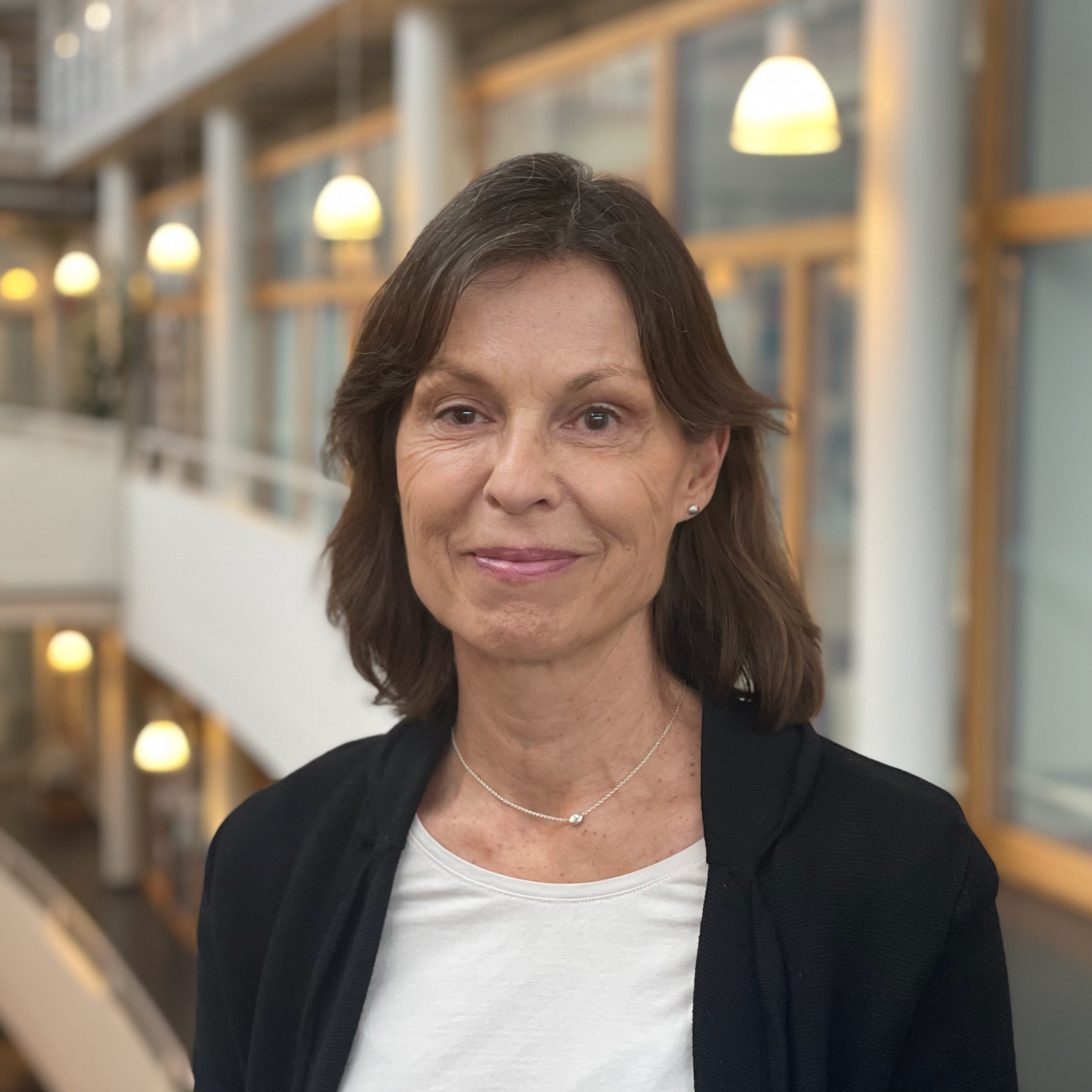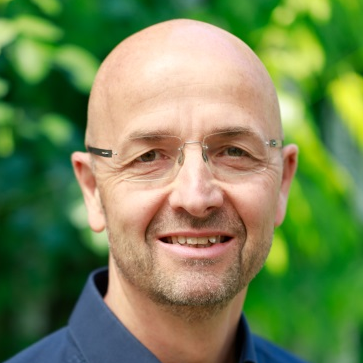


Professor Dianna Magliano has a BAppSci (Hons), PhD, and a Master of Public Health. Professor Magliano has worked for over 20 years in epidemiology, the majority in diabetes, cardiovascular disease and obesity research. She has completed a large body of work examining the association between diabetes and cancer using large datasets. Her more recent work involves exploring the trends in diabetes incidence, diabetes complications and mortality across the globe and heads a consortium of over 24 collaborators to do this work.
She has a strong international reputation evidenced by her role as an editor for Diabetes Research and Clinical Practice, the presidency of the International Diabetes Epidemiology Group in 2015–2017 and her position as co-chair to the current edition (10th) of the Diabetes Atlas for the International Diabetes Federation and works closely with the Global Burden of Disease group. Professor Magliano has strong epidemiological and biostatistical skills. As the senior epidemiologist of the Australian Diabetes, Obesity and Lifestyle Study (AusDiab) for over 18 years, she has acquired real life epidemiological training by working directly in the field, conducting epidemiological analyses.
In 2017 she was awarded a NHMRC Senior research fellowship and the Australian Jeff flack Diabetes data award from the Australian Diabetes Council and the Michaela Modan award for the best epidemiological abstract from the American Diabetes Association. In 2021, she was awarded an Order of Australia Medal for her work in epidemiology and the International Diabetes Federation Public Health Award. In 2022 she was awarded a NHMRC Investigator Grant Fellowship, level 2. She has a H index of 93, over 65,000 citations (Google scholar) and has published over 370 publications and reports. In 2024, Dianna won the best paper award for Alfred Hospital, in Australia. She has been recognised by being listed in The Australian’s Research Magazine’s top 250 researchers in 2023 and 2024

Louise Bennet is MD in Internal Medicine as well as Family Medicine and adjunct professor in Family Medicine at Lund University. She has worked over 30 years as a clinician in parallel with clinical and epidemiological research in type 2 diabetes, metabolism and migration. Her more recent work involves real life clinical trials as well as culturally adapted lifestyle interventions and studies on glucose regulation across populations of Middle Eastern and European ethnicities.
She is member of National Program Committée on Endocrinology Disorders and co-editor for Primary Care Diabetes Europe. In 2021 she was awarded “Diabetologist of the year” in Sweden.

Simon’s great-grandfather was one of the first Labour party members of parliament, his grandfather was the medical officer of health for Worcester, his father was a family doctor and his mother a nurse. It is perhaps no surprise therefore that his career has spanned public health and primary care.
Having qualified from the Royal London Hospital Medical College in 1986, he trained as a family doctor. As a Wellcome Training Fellow he undertook doctoral study in Clinical Epidemiology and Public Health at the University of Southampton and London School of Hygiene and Tropical Medicine, before moving to the University of Cambridge in 1998. Since 2005 Simon has led the Prevention Group in the MRC Epidemiology Unit, now in its fourth quinquennium. He was appointed Professor of General Practice in 2013.
His work has contributed to efforts aimed at preventing the growing burden of diabetes, obesity and related disorders by translating epidemiological knowledge into preventive action and evaluating the effectiveness of a range of strategies from behaviour change to screening. He has completed over 40 randomised trials and authored over 500 publications which have been cited over 42000 times (Google scholar h-index: 104), but what he really likes to do is surf.

Tibor V. Varga (He/Him) is the Deputy Director and Group Leader at the Copenhagen Health Complexity Center, Department of Public Health, University of Copenhagen, and an Associate Professor specializing in Epidemiology and Health Equity. Tibor has over a decade of experience leveraging big data and artificial intelligence (AI) to tackle public health challenges, including developing predictive models for complex diseases, investigating health disparities, and uncovering determinants of health and disease.
Tibor's current work lies at the intersection of AI, epidemiology, and social and health equity. He emphasizes the critical importance of identifying and mitigating biases in data and algorithms to prevent the perpetuation of societal inequalities in healthcare. His research in algorithmic fairness—a field dedicated to ensuring equitable predictions of future disease across diverse populations—is supported by the Novo Nordisk Foundation’s Emerging Investigator Award in Data Science.
As an educator, Tibor has led numerous workshops on AI and algorithmic fairness and has taught undergraduate and postgraduate courses on epidemiology, systematic reviews, and algorithmic fairness and bias in AI. He particularly enjoys challenging outdated practices, identifying inefficiencies, and, through rigorous research, proposing improved and innovative solutions.